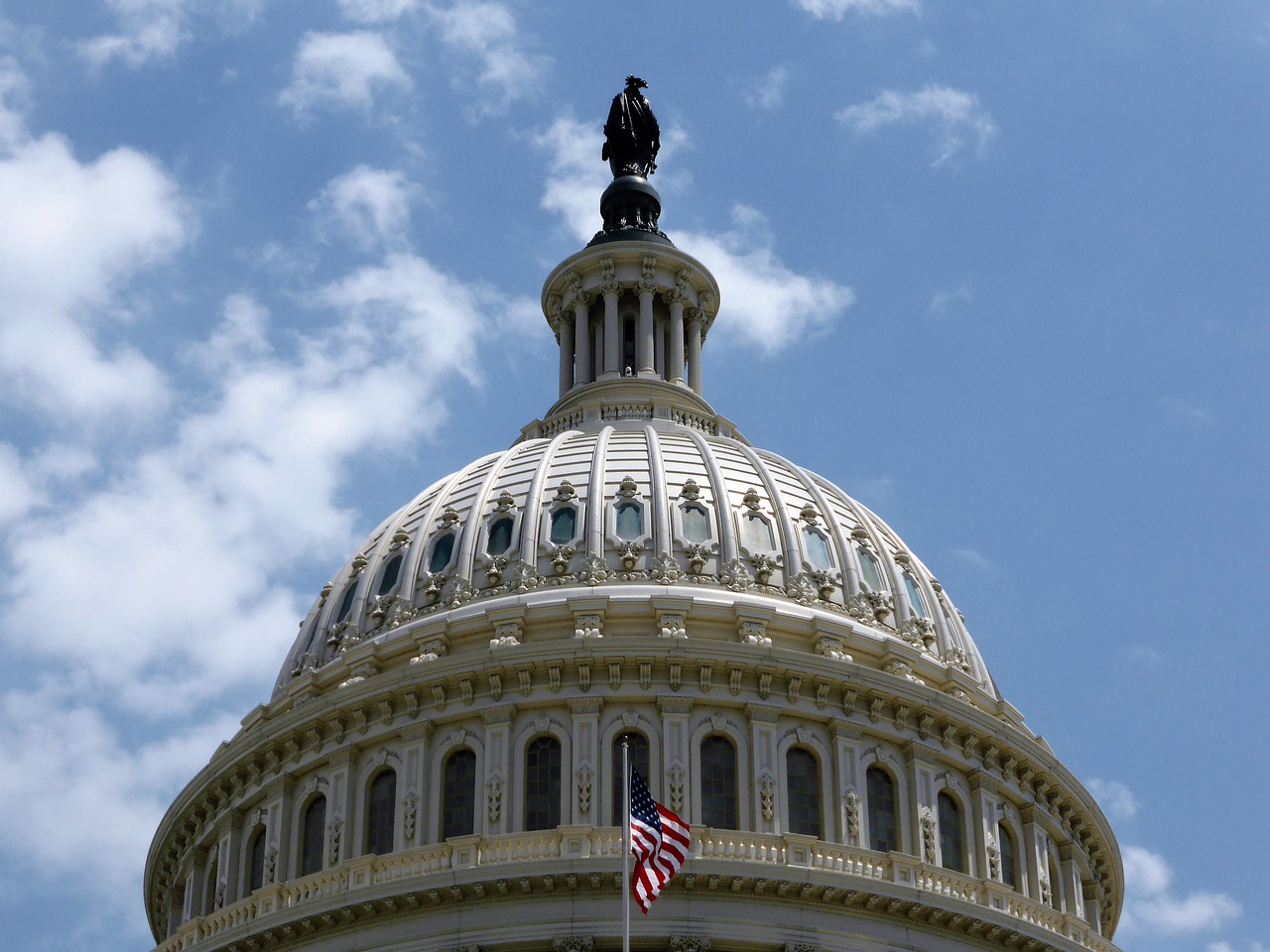Analysis: Trump Administration Still Wants to Separate Immigrant Families
With over 500 children still being detained and separated from their parents, the Trump administration is trying to keep them in custody even longer than federal law allows. Under Secretary of Homeland Security Kirstjen Nielsen’s rule, the administration is retaining immigrant children longer than the 20-day allowance that has already been implemented through the Flores settlement.
The Flores settlement is named after Jenny Lisette Flores, an immigrant who came from El Salvador as a teen in 1985 to join her aunt in the United States. Federal law enforcement detained, handcuffed, and strip-searched her, causing the ACLU to file a lawsuit against INS (Immigration and Naturalization Service) for abuse and not releasing her to her family in America.
The 1997 court case set federal legal precedent on how to accommodate immigrant children, from providing basic necessities like food, water, and shelter to keeping them away from adults not in their family.
While the Flores settlement was utilized and even expanded under the Obama administration, the Trump administration is pushing back on what they call a “legal loophole” in letting more immigrants into the country. The new proposal would indefinitely detain children longer than the established 20-day period and keep them separated from their parents even through their immigration court proceedings.
Although a federal judge has legally ordered the reunification of all families, the Trump administration is pushing back as hard as they can.
Reports of immigrant children being sexually abused and physically assaulted have emerged from some detention centers. One child has even died due to not receiving critical medical care after contracting a respiratory disease. Their time in detention will have a lasting impact on them for the rest of their lives, according to experts.
Another lawsuit was filed last Wednesday, seeking monetary damage from the U.S. government due to the psychological damage inflicted on formerly separated children. This is the first lawsuit to be filed on behalf of the separated children and their families.




